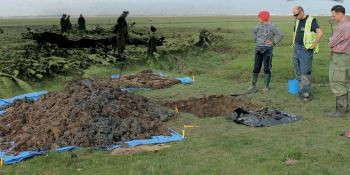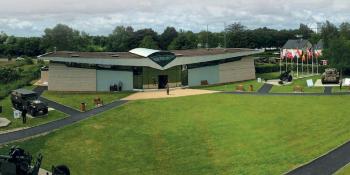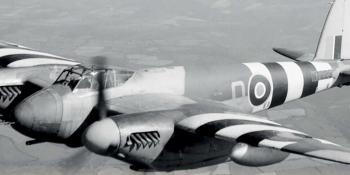WARTIME CHRISTMAS
Christmas during World War Two brought the ultimate contradiction, says Ellie Evans: the short-term wish for peace and goodwill to all men in the midst of a protracted battle.
Wartime festive celebrations brought a contrast of kindness – particularly for prisoners of war allowed food parcels, letters home or visits to neighbouring camps for the first time – with cruelty, as witnessed during the Blitz in December 1940.
There were six Christmases during World War Two, each offering the chance to celebrate for a brief period amid the danger and heartbreaking separation from loved ones. But did the festivities help or hinder the war effort? This was the question at the forefront of Anthony Richards’ mind when he wrote Wartime Christmas.
Richards, head of documents and sound at the Imperial War Museums, told Britain at War: “It gave people the opportunity to let off steam and it offered a brief return to normality to improve morale, which in turn would improve their effectiveness, whether that was on the front or in a factory.”
The arrival of a Christmas pudding for soldiers fighting on the front, or a festive tot of rum aboard ship, would have helped boost spirits and make servicemen fee…




